Savannah is filled with Black women of history: Here are six local 'she-ros' to know
- Oops!Something went wrong.Please try again later.
In 1989, Professor Kimberlé Crenshaw coined the term "intersectionality" to describe how race and gender overlap for Black females to create dual bias, discrimination and even volatile situations. The term intersectionality has become a type of catch all phrase that often creates fear in people of power – specifically many white men.
However, at its simplest form, intersectionality is merely a metaphor to paint a picture of how multiple forms of inequality are compounded, thus creating obstacles — particularly in terms of race and gender.
The incident that caught Crenshaw’s attention was the case of a Black woman who took her claim of race and gender employer discrimination to court. The woman claimed she was denied employment at a company because she was a Black woman. A judge dismissed her case because the accused company hired both Blacks and women. A closer look, however, revealed that the Black people who were hired were all men who worked in industrial/maintenance positions. The women who were hired were all white and worked in secretarial/clerical positions. The judge was unable to recognize the detrimental impact of being both Black and female.
While this situation involved an employer, Crenshaw has successfully demonstrated, through the years, that systemic racism and genderism has repeatedly and consistently created disadvantage and even danger for Black and other women of color.
Maxine L. Bryant: In order to create a safer Savannah, the impetus is on us to make the equitable change
Everything must change: It's time to do away with 'plantation' names around Savannah
More columns from Dr. Bryant: We must continue the lead of others and teach Africa's Story to those in Savannah and beyond
Breaking free of societal imposed stereotypes is difficult whenever people are boxed into a frame by the powers that be. This is particularly true for Black women. The compound effect of racism and genderism frequently impedes success for Black females. This is historical, factual, and detrimental. That’s the bad news.
The good news is that there are Black women who are able to push past racial and gender oppression, and experience success in ways that have far reaching positive impact. Some of them are even from Savannah.
Many women with Savannah roots have been able to rise above the harms of intersectionality to accomplish great things in spite of, not because of, their race and gender. As we observe Women’s History Month in March, it’s fitting to honor Black women with Savannah roots who have accomplished great things in spite of racial and gender intersectionality and whose efforts have received national attention.
I invite you to travel in your mind’s eye as we make several stops along the Savannah History Trail of Black Women.
Rebecca Stiles Taylor
We’ll visit Rebecca Stiles Taylor (1879-1958) first.
Born and raised in Savannah, she attended Beach Institute and graduated in 1896. A familiar proverbs says, “Charity starts at home” — Rebecca personified this as she initiated many firsts in Savannah: she organized the Savannah Chapter of the American Red Cross, she was the first African-American woman to serve as probation officer in Juvenile Court in Savannah and she worked with Mary McLeod Bethune to create the Southeast Association of Colored Women’s Club in Savannah, which was a chapter of the National Federation of Colored Women’s Clubs that was later changed to the National Association of Colored Women.
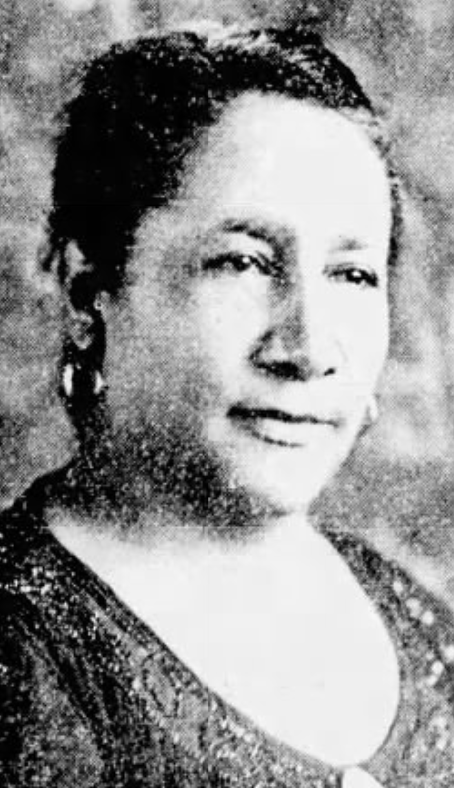
Rebecca worked with the likes of Ida B. Wells, Mary Church Terrell, and Mary McLeod Bethune. Working alongside these activists aided in the launch of her journalism career. Her articles in the NACW’s national newsletter gained national attention as she focused on the specific needs of Southern Black women.
During World War II, Rebecca wrote a weekly woman’s club column in the Chicago Defender. She used this opportunity to encourage Black women to view themselves as a part of the War’s solution and prepare for political offices and appointments. Indeed, she was a renaissance woman who challenged segregation in the military, poll taxes and the political disenfranchisement of Black Americans.
Savannah's got talent! Annual TEDx Savannah displays wealth of knowledge flowing in Hostess City
Simultaneously, she supported the economic and political empowerment for all women. She’s one of my "she-ros" and a noted woman in the “Great Women in Georgia History” project.
Fannie P. Watts and Fredericka Washington
Our next stop is Brooklyn, New York. Why? Because the next Savannah "she-ro" lived there during her later days.
Born in 1899, Fannie P. Watts attended public schools in Savannah and attended Georgia State College (now Savannah State University). She earned her Bachelor of Arts degree in Education from Howard University. We pause to remember her in this column as a noted co-founder of Zeta Phi Beta Sorority, Inc.
While we’re in New York, we should pay homage to Fredericka Washington (1903-94) who was one of the Harlem Renaissance’s most widely recognized performers. Washington was born and raised in Savannah. Her best-known role was in the 1934 film "Imitation of Life". She was nominated for an Academy Award for best picture in that film.
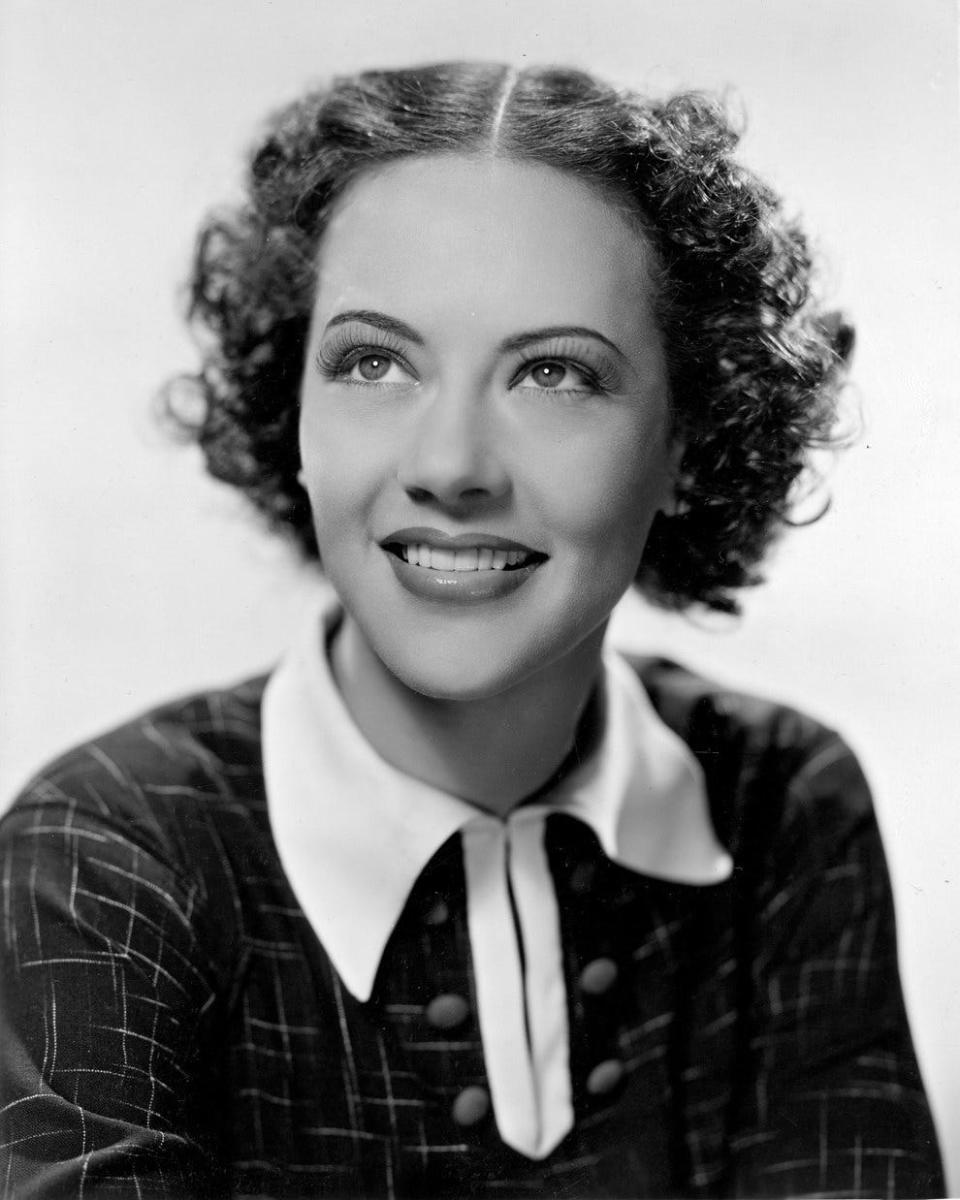
It’s clear that Washington cared much about the plights of others. In 1937, she helped found the Negro Actors Guild. Washington was also a writer for theater, served as entertainment editor for the newspaper, People's Voice, and worked as a casting consultant for a Broadway revival of George Gershwin's "Porgy and Bess" and the film "Carmen Jones," starring Dorothy Dandridge.
In 1975, Washington was inducted into the Black Filmmakers Hall of Fame.
Joyce Roché and Suzanne Shank
Joyce Roché was born in Iberville, La., but served as the president and COO of Carson, Inc. in Savannah from 1996 to 1998. Additionally, Roché was the first African-America woman to serve as executive vice president of global marketing for Avon.
She also was the CEO and president of Girls, Inc. from 2000 to 2010. Roché sits on the boards of the Savannah Economic Development Authority and The World Trade Center. She also chairs the board of the Chatham County Hospital Authority. In 2013, Roché authored "The Empress Has No Clothes: Conquering Self-Doubt to Embrace Success". She received the Women of Power Legacy Award from Black Enterprise Magazine in 2006 and 2007.
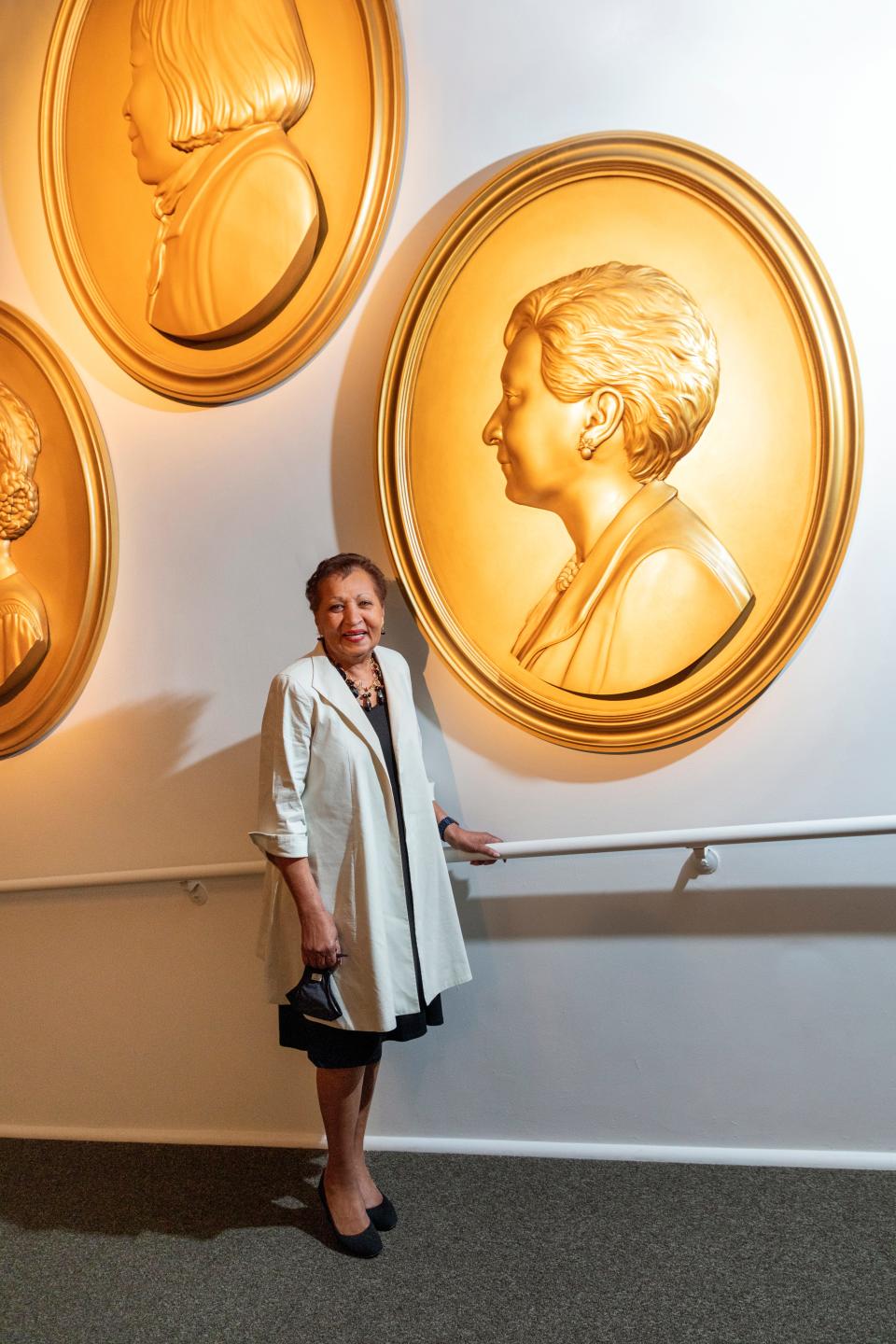
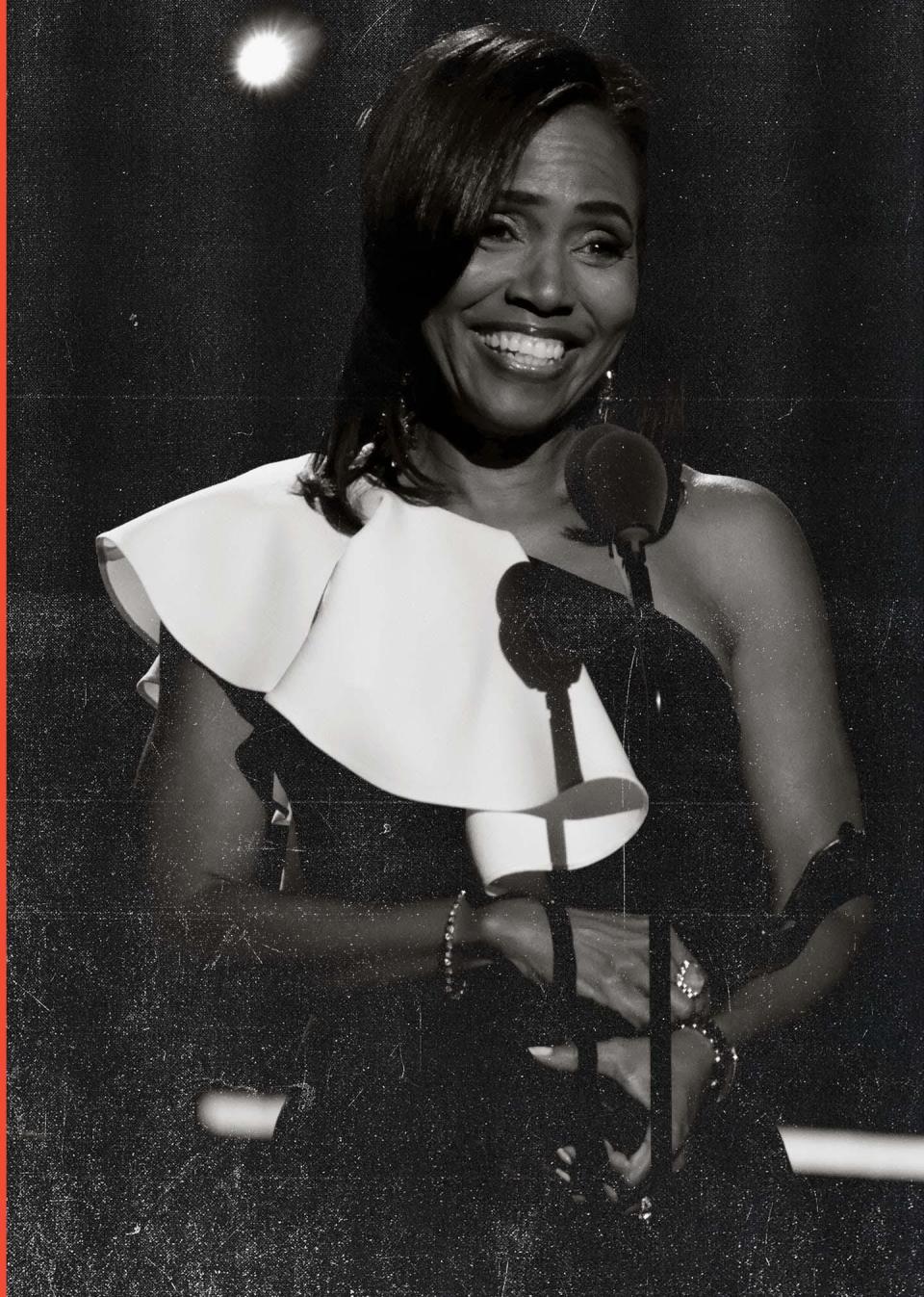
No doubt, many in Savannah have heard of native Suzanne Shank. Known as the “trillion dollar woman," Shank has been celebrated as a leader in finance by American Banker magazine and was named by Black Enterprise magazine as one of the 50 Most Powerful Black Women in Business. She has been included in Essence magazine’s Power List and was named a National Entrepreneur of the Year by the Madam C. J. Walker Center.
Black youth are thriving in Savannah: Here are 8 young people leading the way.
Jayda Cheaves
A pleasant surprise to me is that Savannah’s legacy of Black women with national impact continues to live on!
Jayda Cheaves is a contemporary American internet sensation, Instagram celebrity and entrepreneur. This young "Boss Lady" has over six million followers on Instagram and frequently posts about her daily life and modeling. In 2018, she started her YouTube channel. In four years, her channel has gathered a following of over 345,000 subscribers, with an average of 500,000 views per video.
Maxine L. Bryant: Savannah is filled with important Black history that is hidden from plain sight
Jayda owns an online hair company, AmourJayda Hair, that sells wigs, hair bundles, and hair related products and accessories. She also has an online clothing line, Waydamin, that sells clothing and accessories for women. From a 16-year-old newbie to a self-made millionaire entrepreneur, fashion enthusiast, best-selling author and celebrity influencer, Cheaves definitely deserves to be counted among the list of Savannah women with a national notoriety.
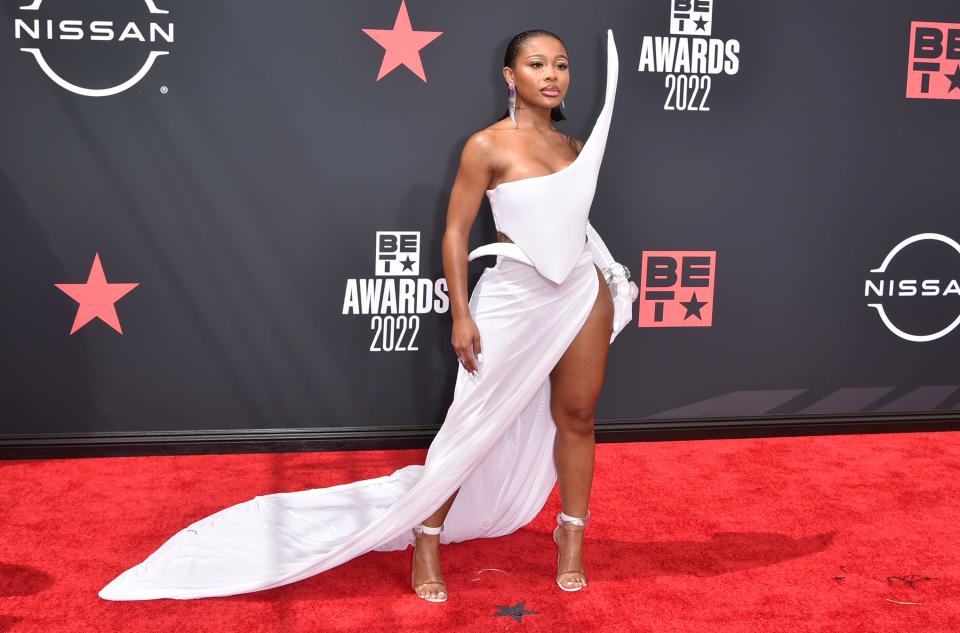
This list is by no means inclusive. Savannah has offered much talent, ingenuity, and genius to the world.
Women in Savannah have paved the path for other bold, daring, women to follow. Many women in Savannah refuse to live within limitation created by others. Some women in Savannah have broken through the barriers of intersectionality and accomplished significant things.
What are you doing? How are you doing it? You’re never too old and, as we’ve learned, being young is not synonymous with being dumb, lazy, or unmotivated. There’s no excuse. What’s your vision?
To my beautiful Black sisters, and to women everywhere, let’s be inspired by these women who’ve refused to be marginalized, minoritized or minimized. You can change the path we’re on.
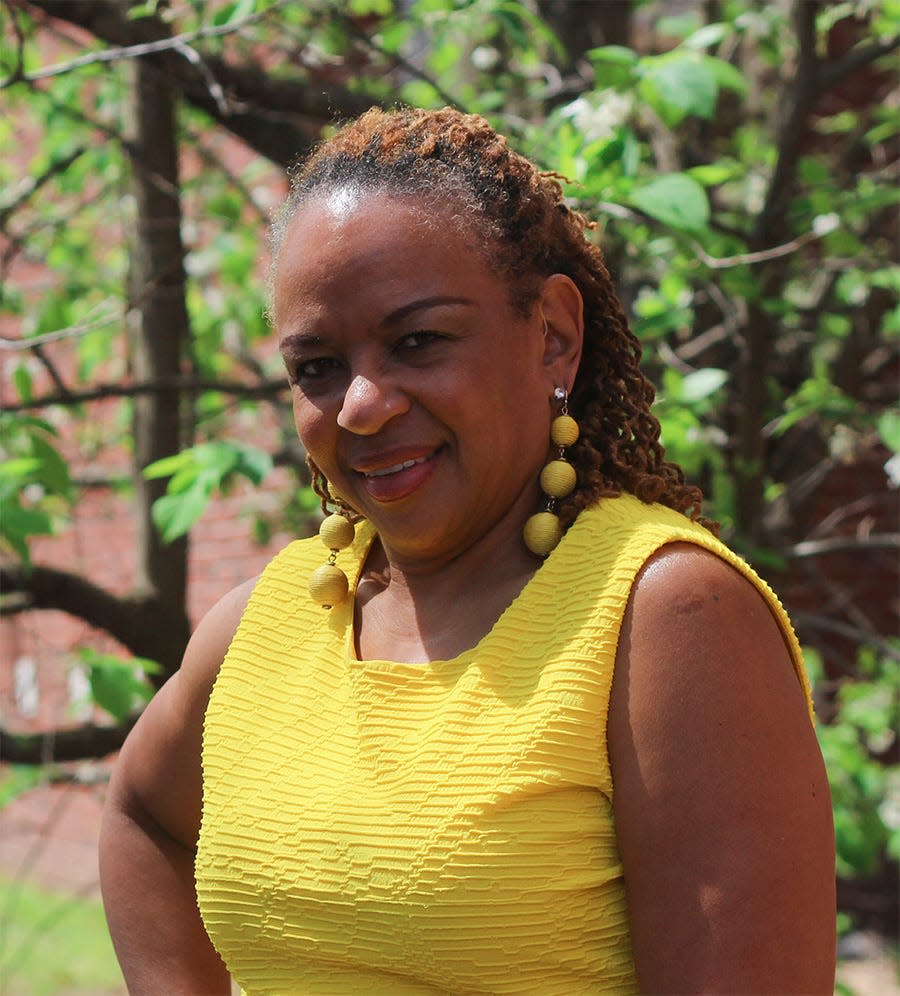
Maxine L. Bryant, Ph.D., is a contributing lifestyles columnist. She is an assistant professor, Department of Criminal Justice & Criminology; director, Center for Africana Studies, and director, Gullah Geechee Cultural Heritage Center at Georgia Southern University, Armstrong Campus.
Contact her at 912-344-3602 or email dr.maxinebryant@gmail.com. See more columns by her at SavannahNow.com/lifestyle/.
This article originally appeared on Savannah Morning News: Women's History Month 2023: 6 Black women of Savannah GA to know

